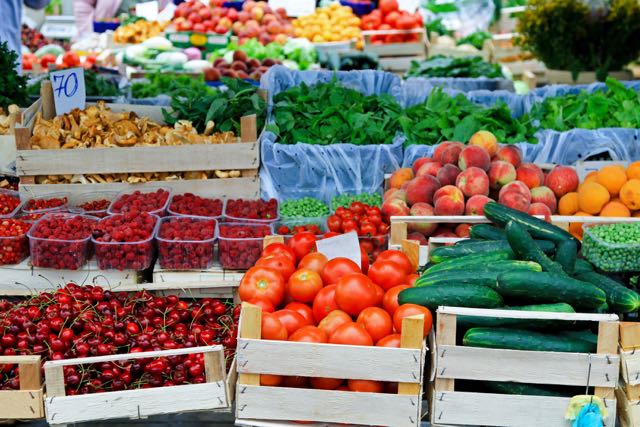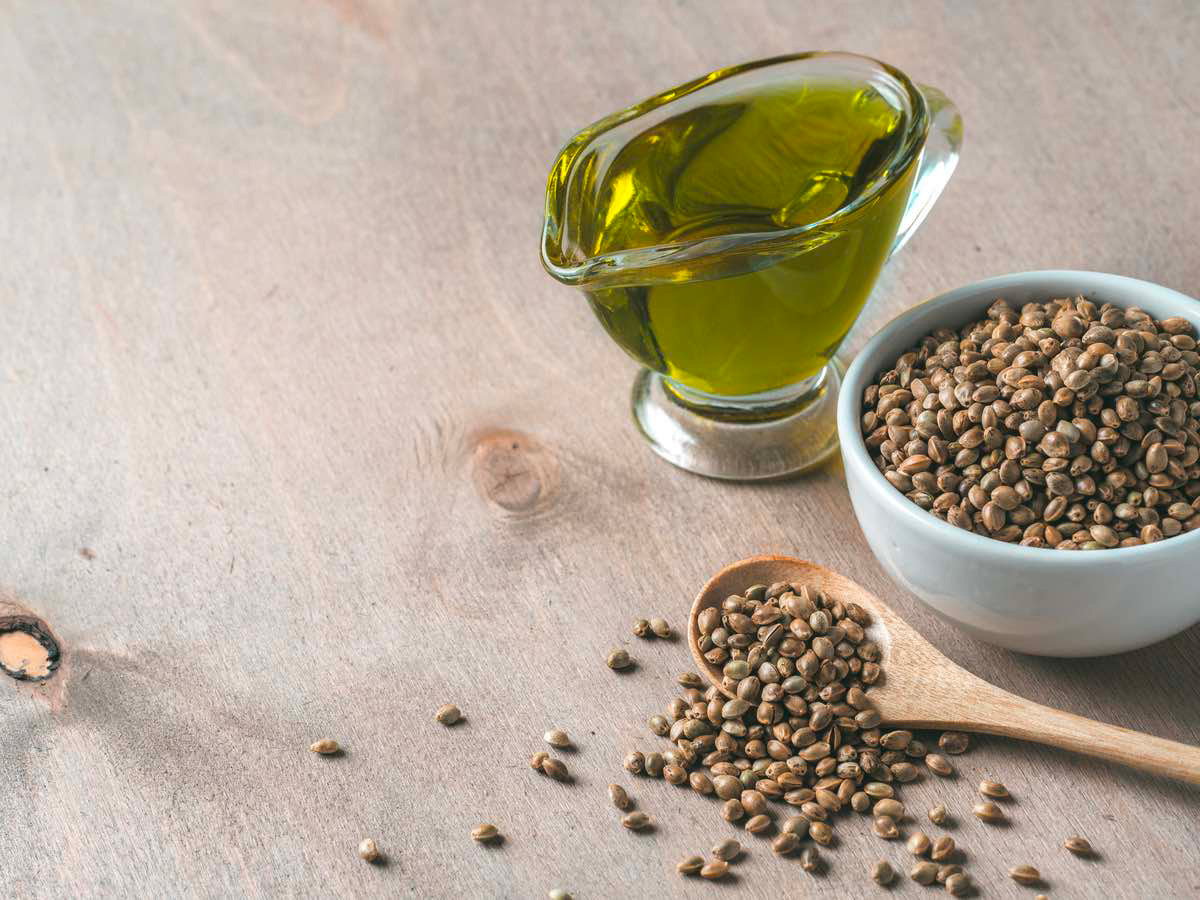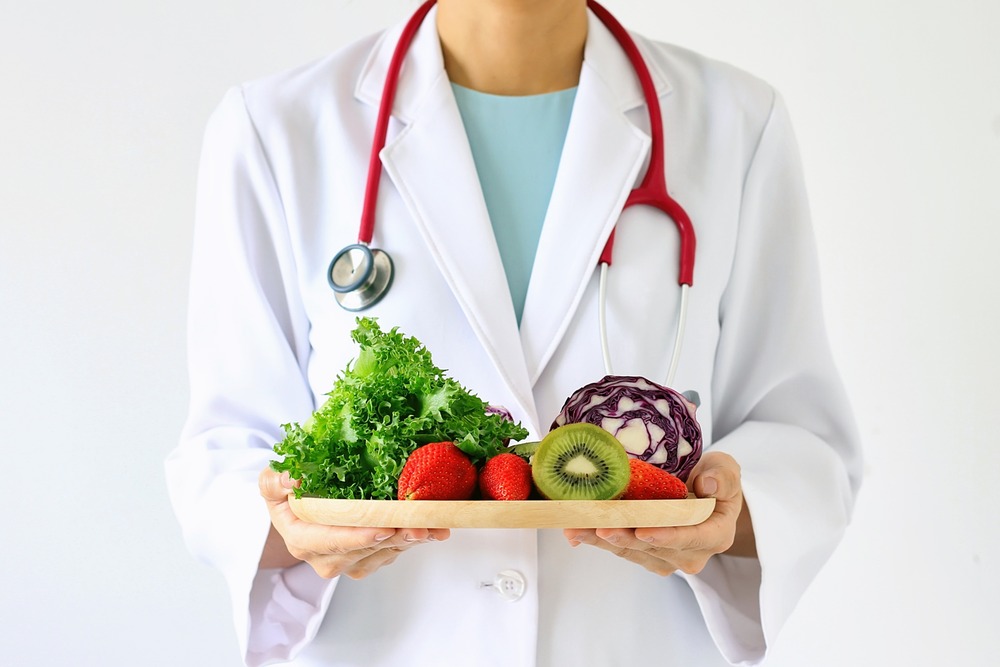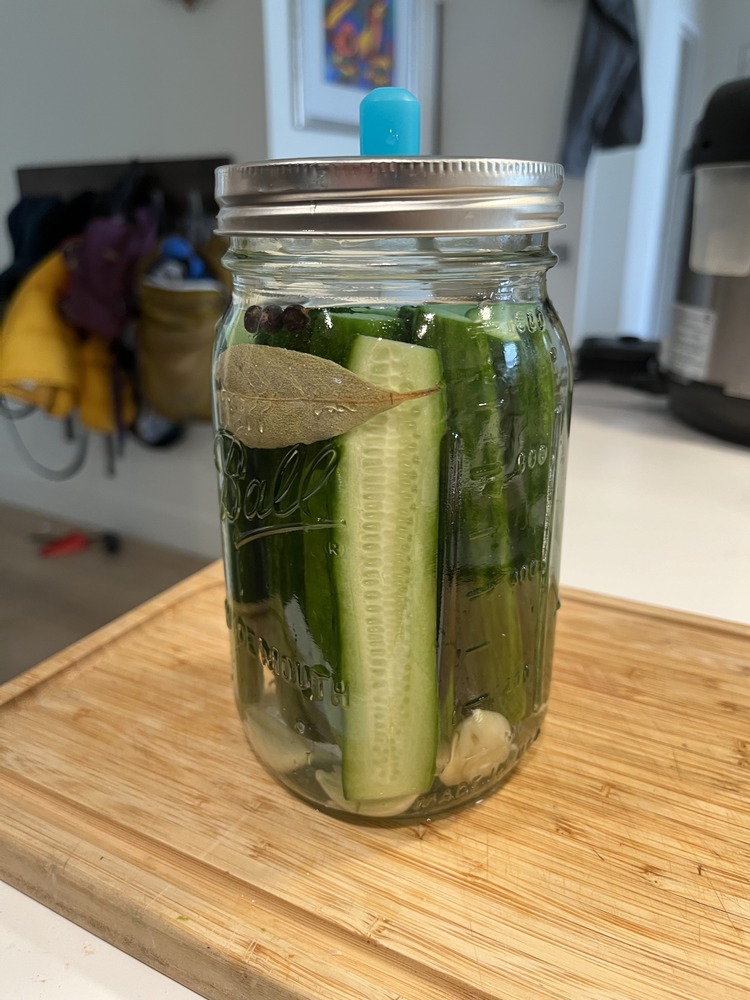You may have heard the saying “you are what you eat”. The phrase holds considerable weight when discussing acne.
The connection between diet and skin health has become an essential part of the understanding of acne. While Chinese medicine has long considered diet to be a central factor in the development of acne, dietary habits were largely dismissed by the scientific community. Now recent research has challenged this view, revealing a much stronger link between what we eat and our skin health than previously thought.
What you eat shows up in your skin and can help, or hurt, your acne. In addition to acupuncture and Chinese medicine for acne, I will always recommend a couple simple dietary changes to prevent the acne and help the treatment work better.
In this blog post, we will explore the connection between the foods we eat and acne. We will provide you with a simple list of do’s and don’ts to help guide your food choices and support your pursuit of clear skin.
Disclaimer: This blog post is for educational purposes only and does not constitute medical advice. Always seek the advice of your physician, a licensed acupuncturist, or other qualified health provider with any questions you may have regarding a medical condition or treatment.

The Acne Diet Connection
Chinese medicine nutrition has long held the idea that foods that create “dampness” and “toxicity” will lead to breakouts and worsening of acne. These foods include sugary foods and simple carbohydrates, dairy products, and greasy foods. Recent studies have confirmed long-held traditional beliefs that these food choices can indeed influence acne.
One of the most investigated areas regarding diet and acne is the role of the glycemic index. Foods with a high glycemic index, like refined carbohydrates and sugars, can cause rapid spikes in blood glucose and insulin levels. Increased insulin levels can, in turn, stimulate the production of skin cells and sebum, an oily substance that can clog pores when produced excessively. This overproduction can lead to the development of acne.
Dairy is another significant factor in causing acne. Dairy products, particularly milk, can stimulate insulin production and contains growth hormones that may lead to increased cell production and blocked pores.
Inflammation is also a key player in acne development. Certain foods, unhealthy oils and sugars, can trigger inflammatory responses in the body, exacerbating acne. Conversely, foods with anti-inflammatory properties, such as fruits, vegetables, and those rich in omega-3 fatty acids, can help reduce inflammation and potentially lessen the severity of acne.
Acne foods to eat: Nourishing the skin from the inside out
The food we consume can significantly impact our hormonal balance, inflammatory response, and gut microbiome, all of which have implications for skin health and acne. By choosing the right foods, you can help reduce inflammation, balance hormones, and promote overall skin health. Here are some acne food do’s to keep in mind:
Eat Low Glycemic Index foods:
The Glycemic Index (GI) is a measure of how quickly a particular food can raise blood sugar levels. Foods with a high GI are quickly digested and absorbed, leading to rapid spikes in blood sugar and insulin levels. On the other hand, low GI foods are digested and absorbed at a slower pace, resulting in a steadier rise in blood sugar and insulin.
Insulin spikes are an important factor in the cause of acne. Meals that have simple carbohydrates and sugars without fiber cause the body to have a spike in insulin. These are called high glycemic index foods.
Diets rich in vegetables, fruit, dietary fiber, and healthy fats and proteins are considered to be low glycemic diets. Low glycemic load diets can be helpful for reducing acne. Because of the dietary fiber in low glycemic index foods, carbohydrates are digested slower and converted to glucose. One recent study found that those that eat a Mediterranean diet are less likely to have acne. The Mediterranean diet is rich in nutritious food. This type of diet does not have specific guidelines about what foods to eat but rather emphasizes eating
- a wide variety of plant foods such as leafy vegetables as well as beans
- olive oil or hemp seed oil as the main source of fat
- healthy proteins such as fish and poultry
- Reduced amounts of red meat
- Fresh fruit
Additionally, reducing or cutting out grains but eating carbohydrates that are tubers such as yams reduces incidents of acne.
Eat Omega 3 Fatty Acids
Omega 3 fatty acids are a fatty acid that is anti inflammatory and should be a part of any healthy diet. Foods rich in omega 3 fatty acids have been found to be beneficial to acne. Omega 3 fatty acids are a great fat for your skin and can be found in foods like fish (particularly in salmon and sardines) as well as walnuts. Hemp seeds also have Omega 3 fatty acids. Omega 3 fatty acids can be found in
- Fish, particularly salmon and sardines
- Walnuts and macademia nuts
- Flax seed
- Hemp seed
Try switching to a plant based milk with omega-3 such as macadamia milk or hemp milk to both avoid dairy and boost your consumption of omega-3 fatty acids.
Bitter melon (or Ku Gua) is a specific food that is known to be effective at reducing acne. Bitter melon helps to regulate blood sugar and is packed with antioxidants which may be the key to why it helps with acne. It can be found in asian markets or sometimes at the farmer’s market.
Foods to Avoid
Several dietary factors have been implicated in the development or exacerbation of acne:
- High-glycemic foods: Foods with a high glycemic index, such as refined sugars, sweets, ice cream, and white bread which can cause rapid spikes in blood sugar levels. This leads to increased insulin production, which in turn may trigger inflammation and stimulate oil production in the skin, contributing to acne development.
- Dairy products: Many studies show that consuming dairy products, particularly skim milk, may contribute to acne. Dairy products may influence acne development due to their insulin-like growth factor-1 (IGF-1) content, which is known to promote inflammation and increase sebum production.
- Processed and fast foods: Consuming processed foods and fast foods, which are typically high in unhealthy fats, sugars, and sodium, has been associated with a higher risk of developing acne. These foods may promote inflammation and disrupt the balance of gut bacteria, which could indirectly contribute to acne development.
In Chinese medicine, eating refined sugar, dairy, and processed foods leads to the accumulation of dampness which is a primary imbalance causing acne.
The mTOR Pathway, Acne Development, and the Impact of Dairy and High Glycemic Foods
Let’s get a little nerdy about dairy and acne…
The mammalian target of rapamycin (mTOR) pathway is complex signalling network that regulates cell growth, proliferation, and metabolism in response to nutrient availability. Research has uncovered a link between the activation of the mTOR pathway and the development of acne, providing insights into how certain dietary factors, such as milk and high glycemic foods, may contribute to acne breakouts.
Overactivation of the mTOR pathway has been associated with increased sebum production and keratinocyte proliferation, all of which are key factors in the development of acne. Studies suggest that consuming dairy products and high glycemic foods can stimulate the mTOR pathway, leading to the exacerbation of acne symptoms.
Conclusion
Acne is a skin condition influenced by various factors, including genetics, hormonal imbalances, and external factors such as cosmetics and pollutants. Chinese medicine is very effective at treating acne. In my experience, diet is a central factor in its development and can affect how easily it is treated.
The research agrees!
In recent years, research has increasingly highlighted the role of diet in acne development, particularly the consumption of dairy products and high-glycemic foods.
By understanding the complex relationship between diet and acne, we can make informed decisions about our food choices and adopt a balanced, nutrient-rich diet to support healthy, clear skin. Incorporating anti-inflammatory and antioxidant-rich foods while avoiding potential acne triggers, such as dairy products and high glycemic foods, can be a powerful strategy for managing acne symptoms.



